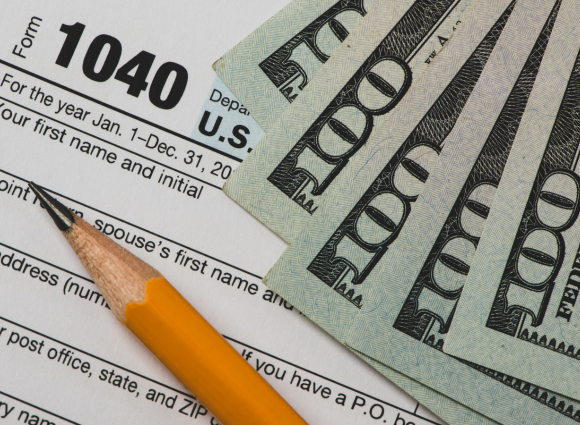
What Does It Mean When Your Tax Return is Extended?
Nobody wants additional scrutiny from the IRS, right? If your tax return is extended, does it wave a red flag in the IRS system? Does it make your return more likely to be selected for an audit?
Not at all.
When a tax return is extended, it simply means that there isn’t enough time to prepare your return and give it the attention it deserves before the tax deadline. Maybe you haven’t received all your tax documents. Maybe you had other time commitments and just couldn’t gather your tax paperwork together quickly enough to make the deadline. In all these situations, an extension can give you some breathing room . . . and avoid a late filing penalty.
This year, 2023 individual tax returns are due on Monday, April 15, 2024 (or April 17 if you live in Maine or Massachusetts). An automatic filing extension can be requested, but that doesn’t extend the payment deadline. You’ll still need to pay an estimated amount of taxes along with your extension request. Once your return is finalized, you then pay any additional amount owed (along with interest and possibly a late payment penalty unless you paid at least 90% of your tax liability by April 15).
And even if you think you’ll receive a refund, you should still file for an extension just in case something pops up on your return you weren’t expecting.
You can file for an extension any time up to April 15, 2024. Then you’ll have an additional 6-month period in which to finish and file your return – until October 15, 2024.
Your state may have different rules about extensions – some automatically grant an extension, and in others, you may need to file a state form to request it.
Your tax professionals at Mize CPAs are on top of all those federal and state requirements, so contact us with any questions about your situation!



